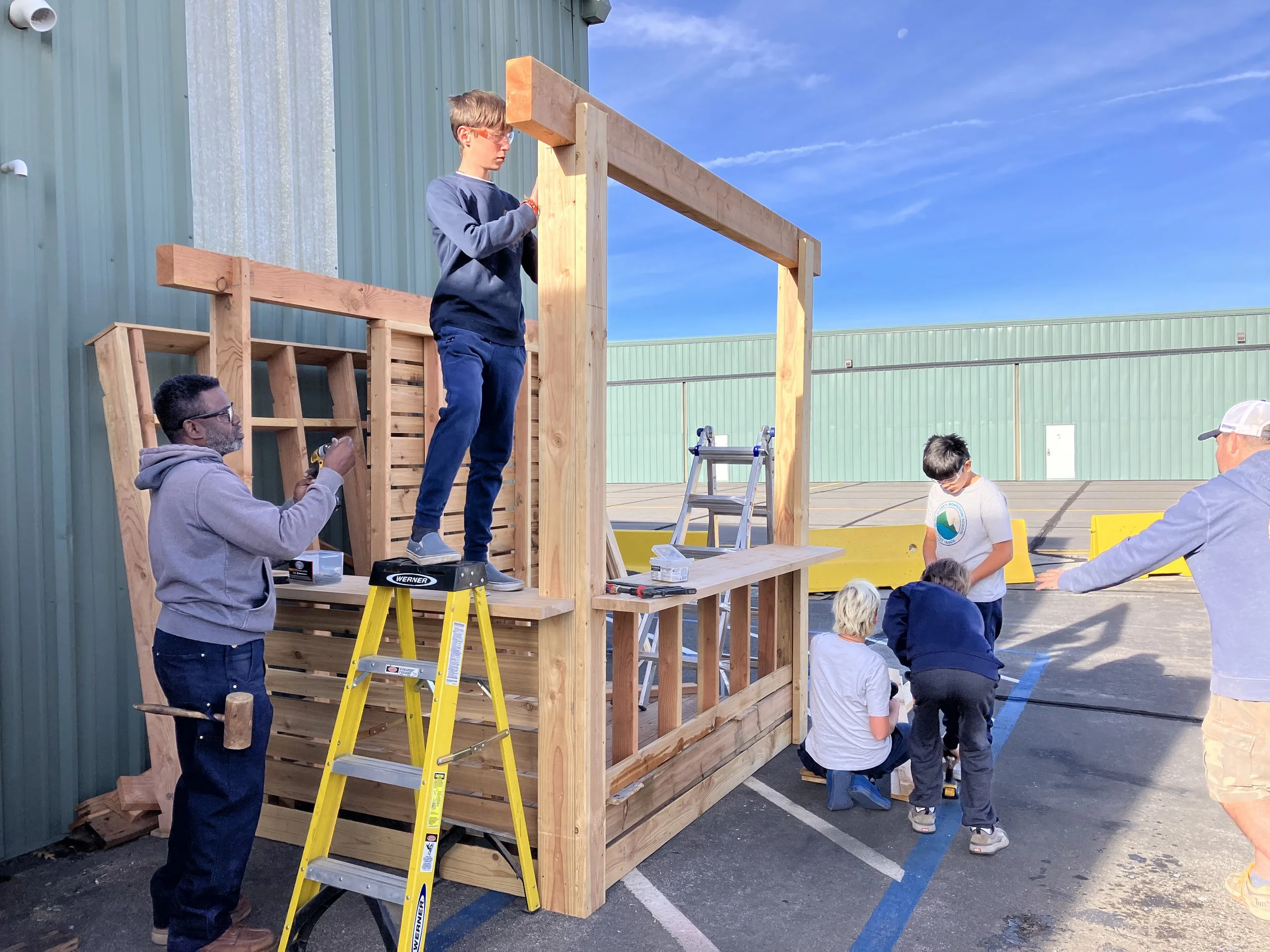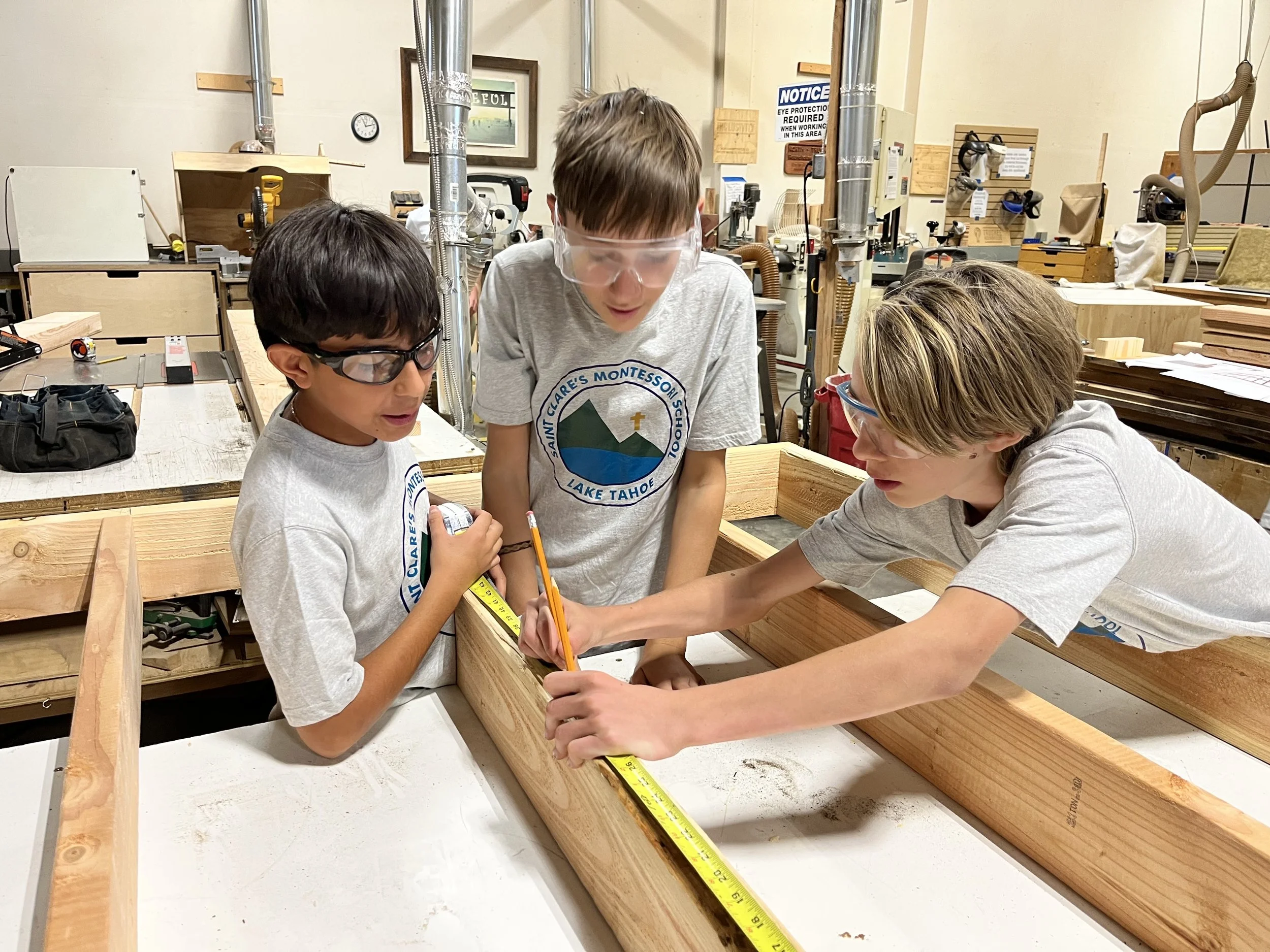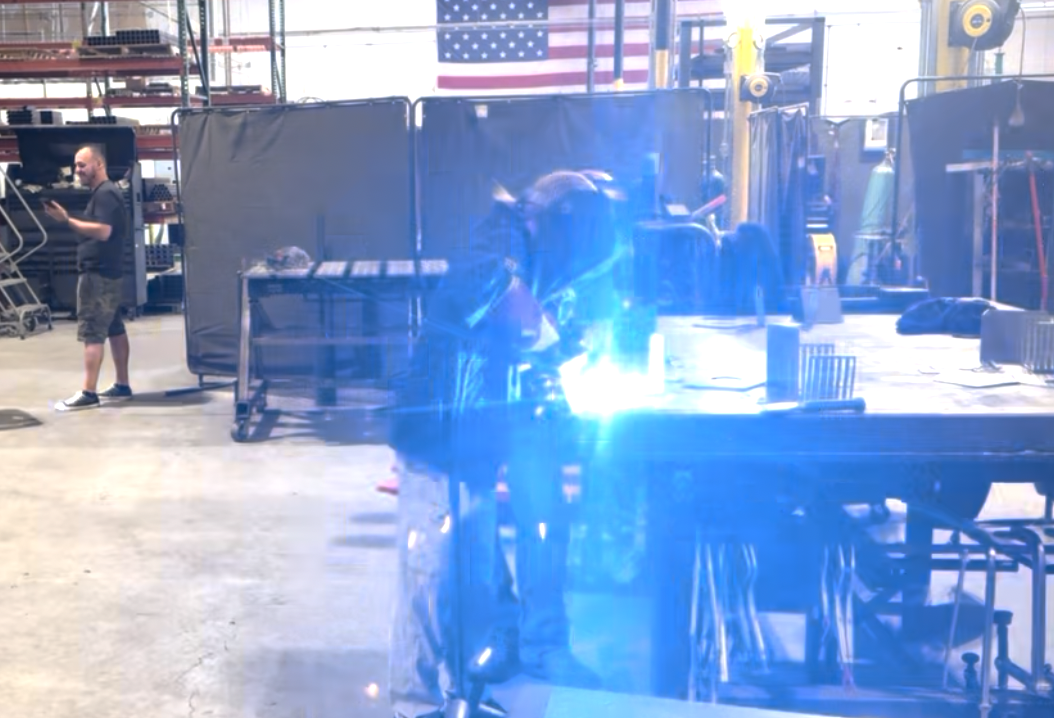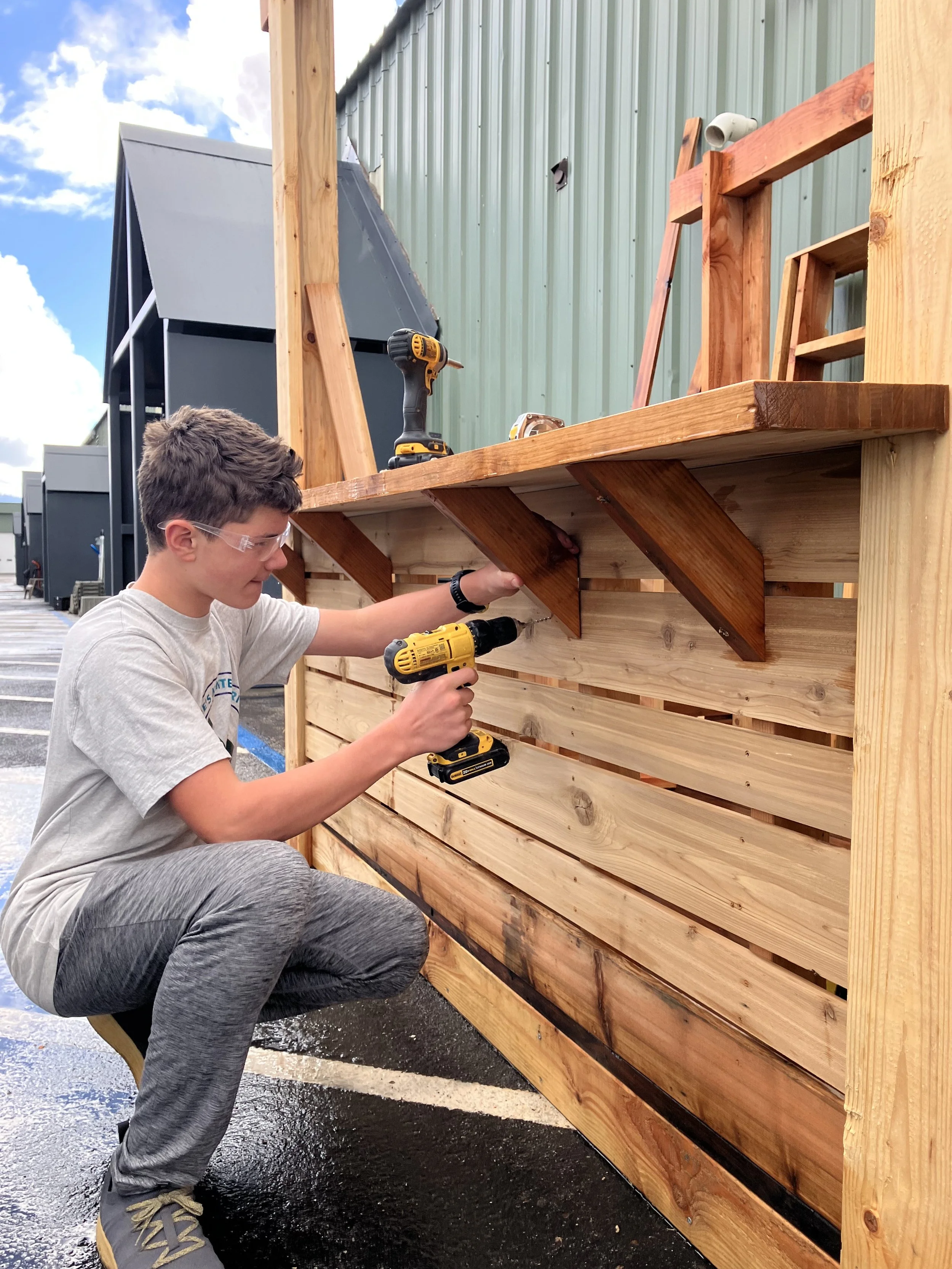Our method is based on the Socratic seminar using a Great Books curriculum. Our approach also incorporates our roots in Montessori pedagogy with project-based learning and meaningful opportunities for the valorization of the personality of the adolescent student.




Socratic Seminar
The Socratic seminar is perhaps the oldest educational tool. Through this method, our students are guided to mastery of a concept through directed questions and guided dialogue, bringing ideas and knowledge to life.
In contrast to traditional lecture formats in which students passively receive information from an instructor and then recite it, the Socratic seminar requires active engagement and results in authentic understanding. With the aid of their teachers, students engage in asking and answering the same timeless questions that humans have asked for all of time, such as what it means to be human and whether one can prove the existence of God. These dynamic discussions lead our students not only to comprehension, but also form them to think critically and discern truth for themselves.
Great Books Program
Through classical texts, our students come into contact with the greatest writers in history. Whenever possible, our students read primary sources and original texts rather than textbooks. Our great books curriculum includes great authors such as Homer, Herodotus, Plato, Aristotle, Augustine, Aquinas, Shakespeare, Dickens, Dostoevsky and many more. Through these great works, students interact with Plato about the nature of the good, with Shakespeare’s Hamlet about life after death, and with Dostoevsky’s Ivan about the problem of evil: asking and seeking to answer some of the great questions of the human condition.
Project-Based Learning
With our roots in Montessori education, St. Clare’s incorporates a project-based learning environment to our Classical Catholic curriculum. Through project-based experiences, students are given real-world opportunities to incorporate choice, pursue interest, and engage physically, emotionally, and intellectually in their learning process. Additionally, meaningful challenges to contribute to the greater community on a professional, adult level give students a sense of purpose and validation, resulting in an important area of growth for the adolescent student through what Dr. Montessori called the “valorization of the personality.”




